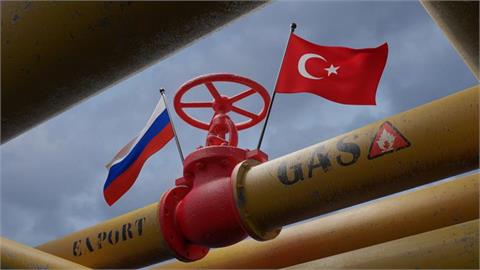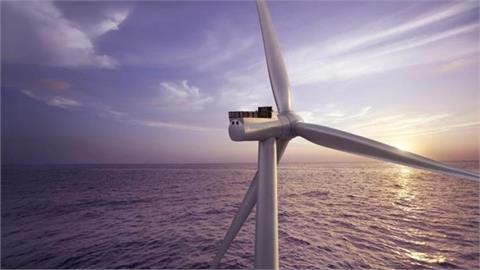Given the expected year-end oil market surplus, and prevailing elevated demand uncertainty stemming from the virus, Opec+ may delay by 3 months its January production ramp-up by 1.9m barrels per day (b/d) to 5.8m b/d when it meets at the end of the month, a report said.
"This will help bring the market back to a narrow 0.9m b/d market
deficit in Q1 2021, when we forecast Brent prices to rise to $49/b by
March 2021. Thus on balance, a 3 month delay to April will provide the
group breathing space to adjust its reaction function to market
conditions once the COVID-19 winter speed bump is behind us,” said the
latest Mena Economic Weekly from the Mitsubishi UFJ Financial Group
(MUFG), a leading Japanese financial services provider.
"As
such, we do not anticipate much price action post-meeting given that a 3
months extension is baked in, with the group continuing its modus
operandi strategy of supporting prices over defending market share
through its active oil market intervention policy to effectively carve
out an Opec+ floor in oil prices.”
Beyond the decision, the
group’s communication strategy will be central in determining the
near-term direction of oil prices. The more united, coherent and
coordinated (and less fudge and ambiguity) the group’s messaging will
be, the greater the prospects of markets being wowed (and vice versa).
Given the fragile state of current in global markets, investors are
searching for credible assurance from Opec+ that it will stand ready to
take a flexible and adaptable approach in its oil supply management
policies.
Heading into the last few weeks of 2020 – absent any
unforeseen event risk – our constructive oil price conviction remains
intact (see here and here) and we continue to forecast Brent and WTI to
end-2020 at $48 per barrel (/b) and $45/b, respectively.
"For
2021, we project Brent and WTI averaging $57/b and $53/b, respectively,
with a large inflection higher from Q3 2021, as oil markets transition
from the cyclical tightening phase to the structural repricing stage
which by then we are likely to see oil demand breaching the pre-virus
run rate of 100m b/d and the requirement for higher upstream capex
investment,” the report said.
(TradeArabia News Service, November 19, 2020)



